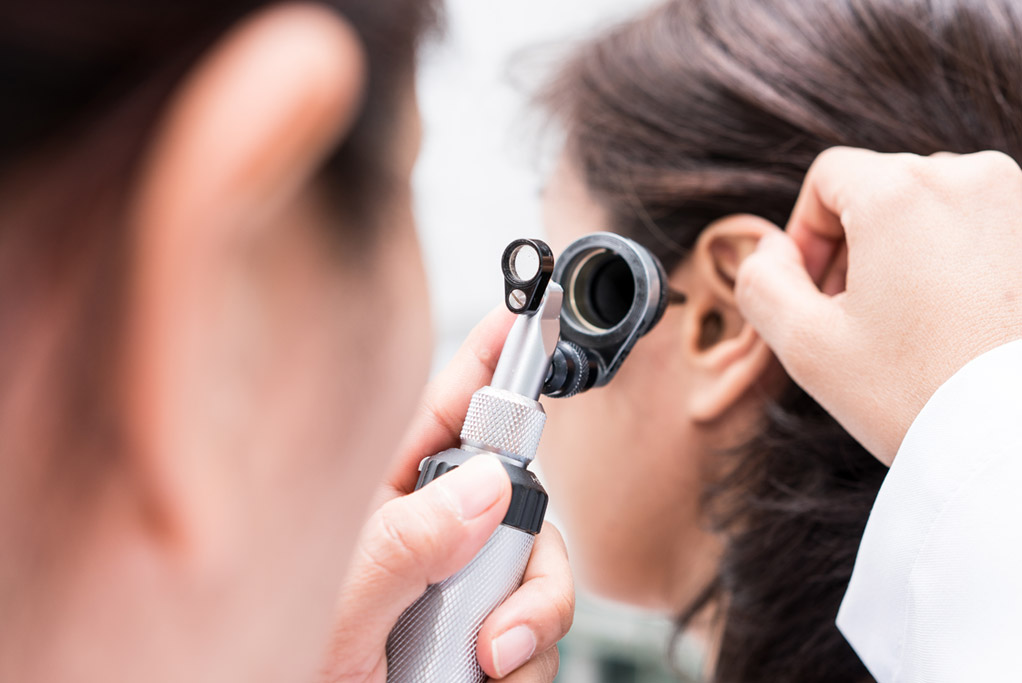Most people can expect to be affected by at least one of these three common hearing problems in their lifetime.

IMPACTED EARWAX: Earwax protects the ear by trapping insects, bacteria and other small particles, preventing them from reaching – and potentially damaging or infecting – the eardrum. It is produced in the outer third of the ear canal and, if left alone, the wax will be pushed out of the canal together with the natural migration of skin outwards, like a conveyor belt. When you insert something into the ear, you could push the wax back into the ear canal, leading to an impacted lump – consisting of wax, dead skin and shed hair – which can block the ear canal.
Water that enters the ear while showering or swimming may be absorbed by the impacted lump, making it swell up, which may lead to sudden hearing loss, or bacterial and fungal infections. Impacted earwax tends to happen to those who habitually attempt to remove earwax using a stick of cotton swab, hair pin or ear digger.
Treatment: As the ears are self-cleaning, there is no need to insert anything to remove the wax. See an ear doctor if you are plagued by decreased hearing, ear pain, dizziness or ringing in the ear.
MIDDLE EAR INFECTIONS: Infection from flu, sinusitis and adenotonsillitis may spread from the back of the nose and throat via the Eustachian tube to the middle ear. This is common in babies and children as their Eustachian tubes are not yet fully developed. If the eardrum is perforated, bacterial infection can occur via external sources.
Treatment: Catch and treat symptoms of upper respiratory infections and allergies early. If the eardrum gets perforated, keep the ear clean and dry, and have the perforation closed surgically if it fails to heal on its own.
SENSORINEURAL HEARING LOSS After age 55, there may be a decline in the ability to hear high-frequency sounds by about one decibel a year. Hearing loss can also be caused by long-term exposure to loud noises or sudden exposure to extremely loud noise.
Treatment: Once the cochlear hair cells are damaged – which happens in sensorineural hearing loss — they are unlikely to recover, so prevention is best. You would do well to stay away from noisy environments. At the very least, when faced with noise, keep your ears protected with ear plugs or ear muffs.







